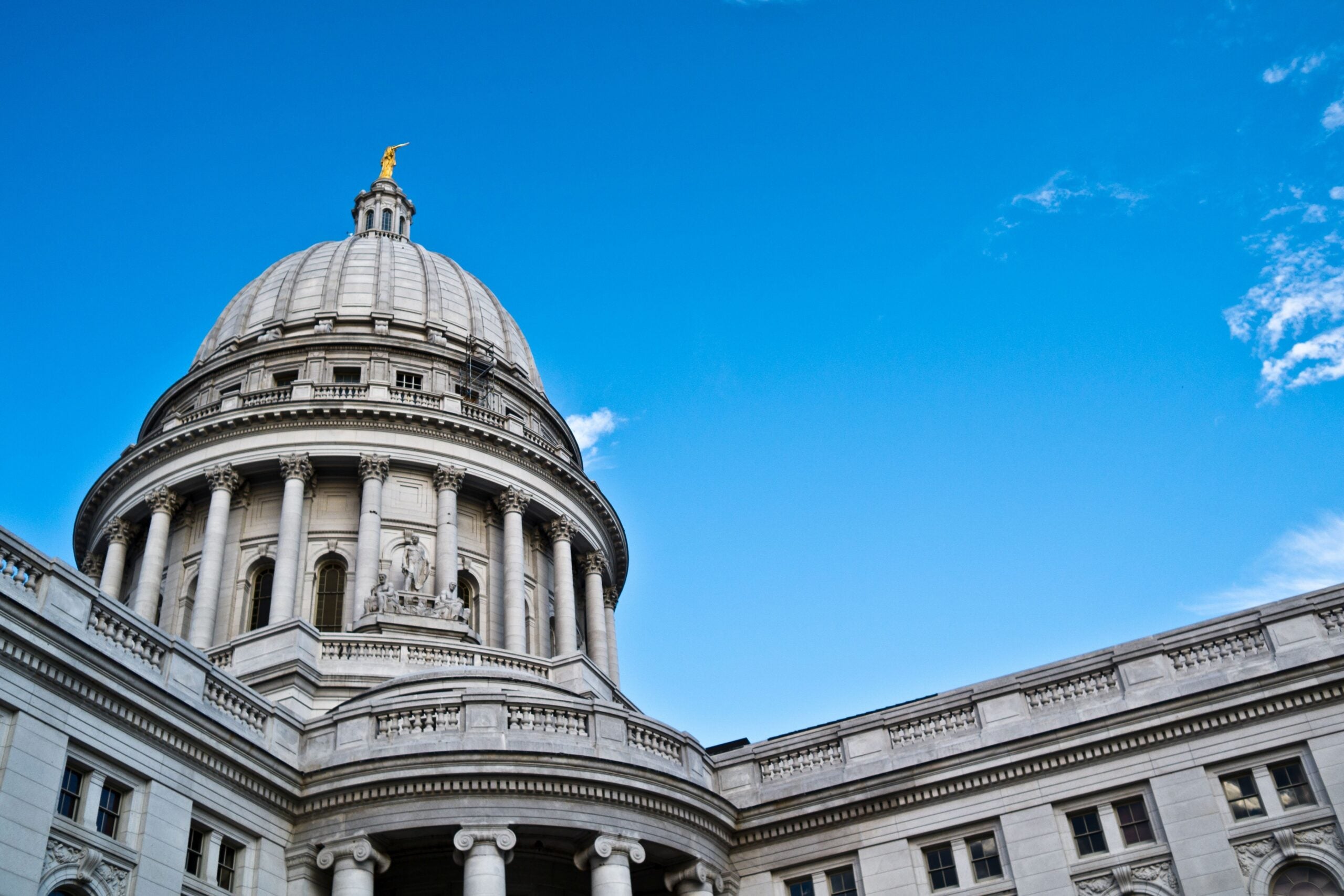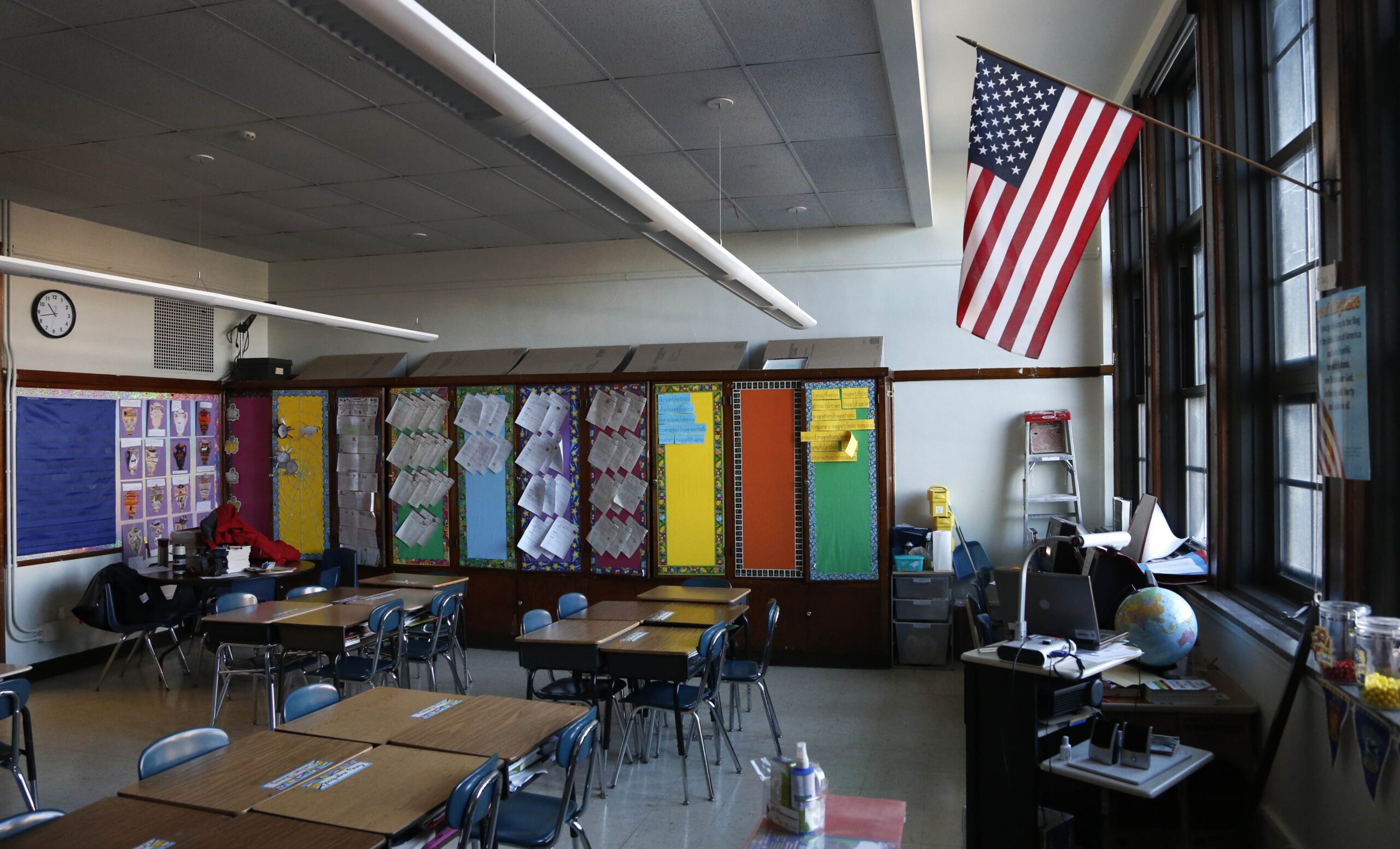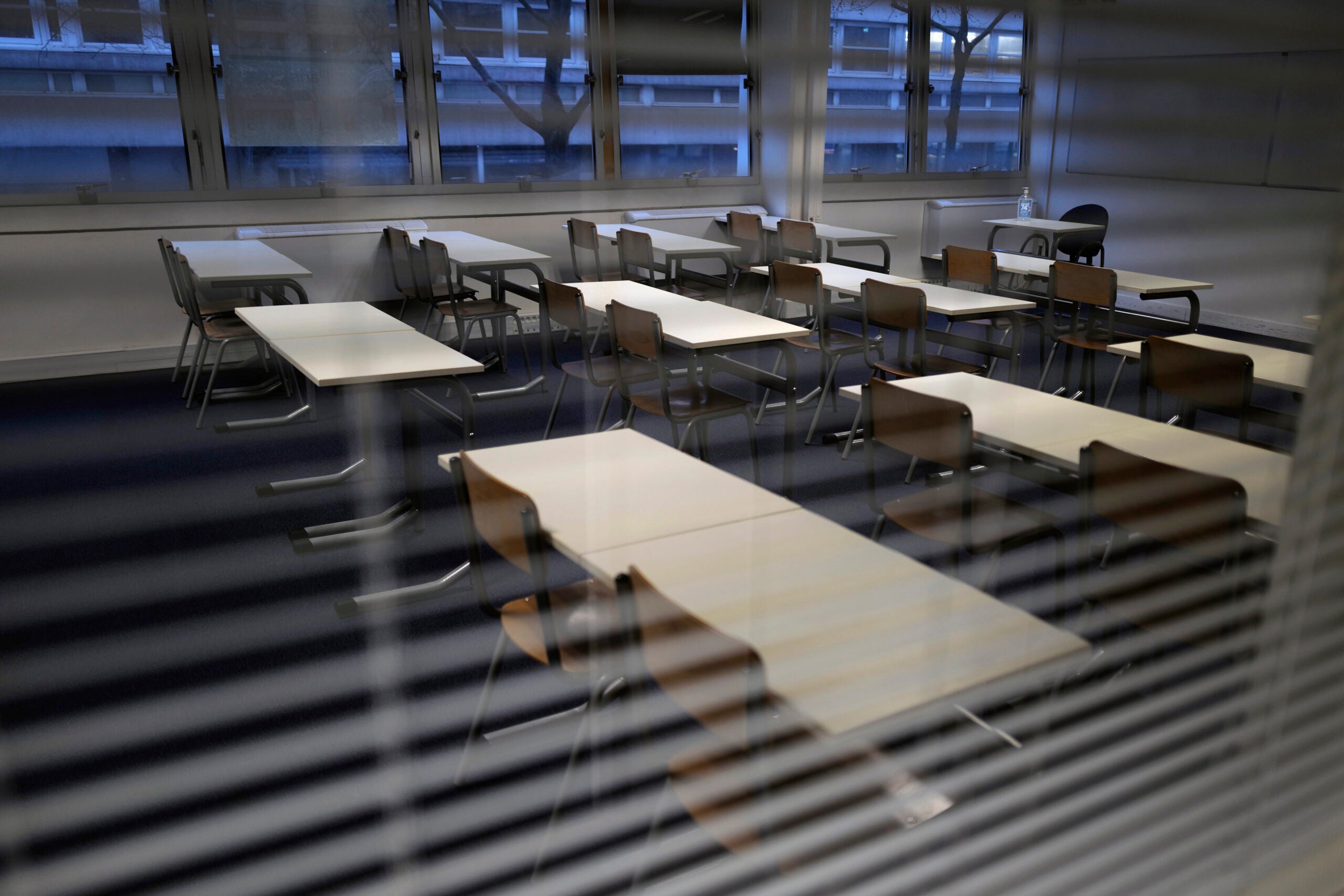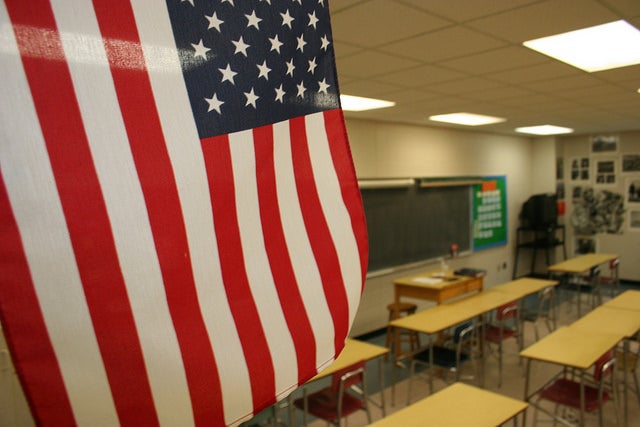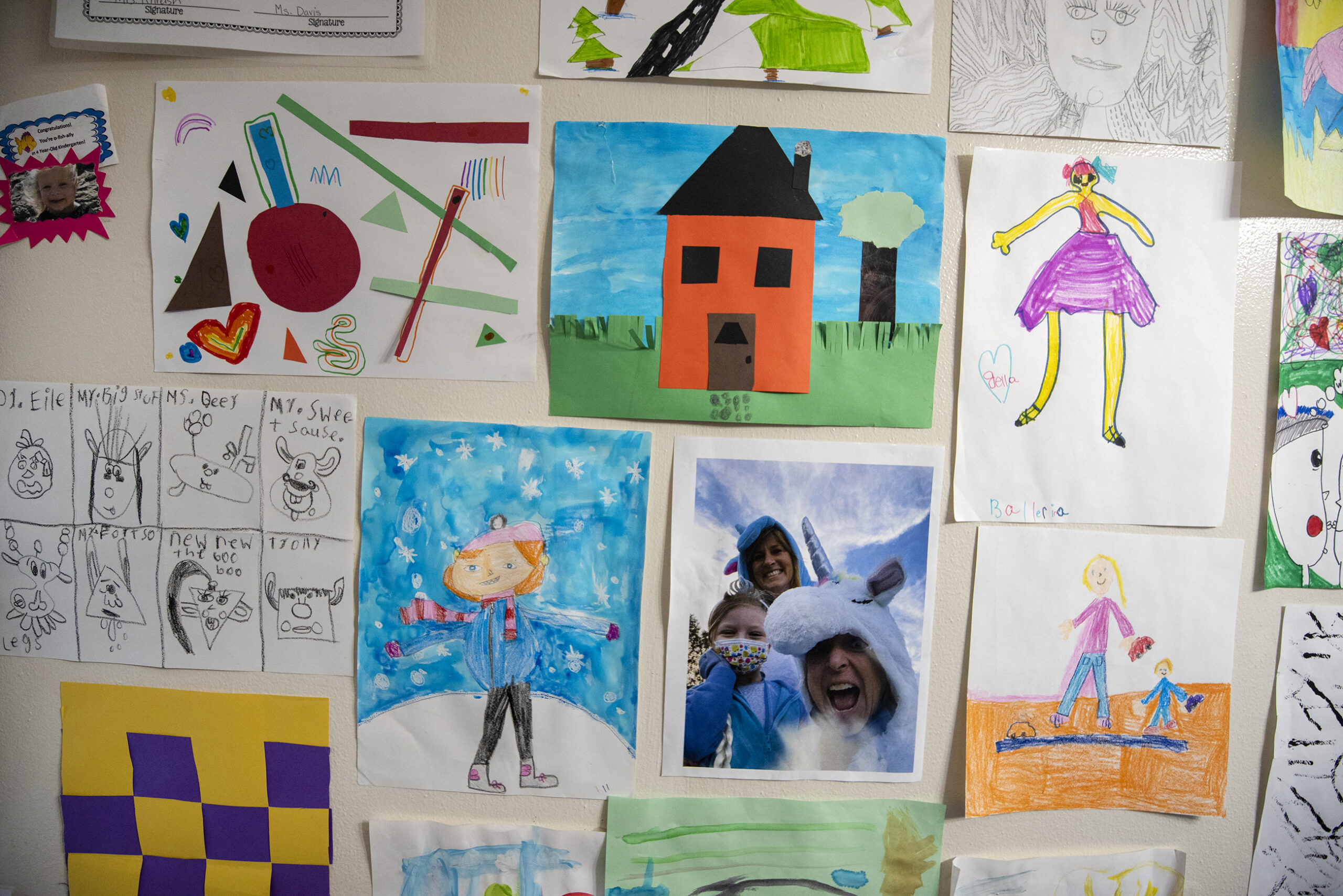A bill that would require Wisconsin schools to incorporate the Holocaust and other genocides into social studies standards will likely pass the state Senate’s committee on education.
The legislation was introduced in January, and numerous lawmakers, Democrats and Republicans, have expressed their support for the bill.
During the committee’s public hearing Wednesday, lawmakers, teachers, students, local activists and a Holocaust survivor testified in favor of the bill. No one testified against it.
Stay informed on the latest news
Sign up for WPR’s email newsletter.
The bill requires the state superintendent of public instruction to incorporate the Holocaust and other genocides into the academic standards for social studies. It also requires the superintendent to develop curriculum and instructional materials on the subjects.
Under the bill, the state superintendent must also consult with an organization that provides Holocaust education programs to public and private schools and offers educational tools and training to teachers.
The Nathan and Ester Pelz Holocaust Education Resource Center in Milwaukee has already agreed to provide curriculum materials at no charge to the state, said one of the bill’s authors Sen. Alberta Darling, R-River Hills.
“This is not something in the past, this is something in the present,” Darling said. “So this (the bill) will be necessary to combat the lack of awareness about the Holocaust among youth.”
The bill would also require a school board, independent charter school, and private school participating in a parental choice program to incorporate Holocaust and other genocides into their curriculum at least once in middle school and high school.
Holocaust survivor Eva Zaret told committee members she was 7 years old when she saw piles of dead bodies on the streets in the Budapest, Hungary, neighborhood she was living in. She said she tells her stories to show them what hatred can bring, and to teach them empathy and love.
“I see what they know and what they don’t know,” Zaret said. “And they certainly don’t know about second world war or what happened to the Jews and about the Holocaust.”
Maggie Lottes is a sixth-grade teacher at the Notre Dame School of Milwaukee. Three of her students sat beside her as she explained that although she teaches about the Holocaust, there’s a lot of information that she doesn’t know.
“The Holocaust and genocide education bill would help provide resources to teachers like me who want to do everything in their power to teach students ways to fight prejudice and discrimination,” Lottes said. “To teach students not to be a bystander but might not have the resources to start.”
Multiple teachers at the public hearing said the Holocaust is only taught in school for one or two days, which is not enough time for them to fully explain the impacts of the genocide. The bill would allow them to dedicate one to two weeks to focus on the Holocaust and integrate it into multiple subjects like English.
According to a study commissioned by Schoen Consulting, 22 percent of millennials hadn’t heard of the Holocaust in 2018. There are currently 11 states that require schools to provide Holocaust education including Michigan, Illinois, Kentucky and Oregon.
The Assembly passed the bill in February with a vote of 98-0, with state Rep. John Macco, R-Ledgeview, abstaining.
State Sen. Luther Olsen, R-Ripon, the Senate committee chair, said before the meeting adjourned that the committee would pass the bill so it could head to the full Senate. A date for the committee vote hasn’t been set.
“We teach math and science and all that stuff, but then we teach history,” Olsen said during the hearing. “What we are saying today before the session ends is that there’s certain events that were so important in the history of the world, that we have to make sure that every generation coming forward knows about those events.”
Wisconsin Public Radio, © Copyright 2024, Board of Regents of the University of Wisconsin System and Wisconsin Educational Communications Board.

